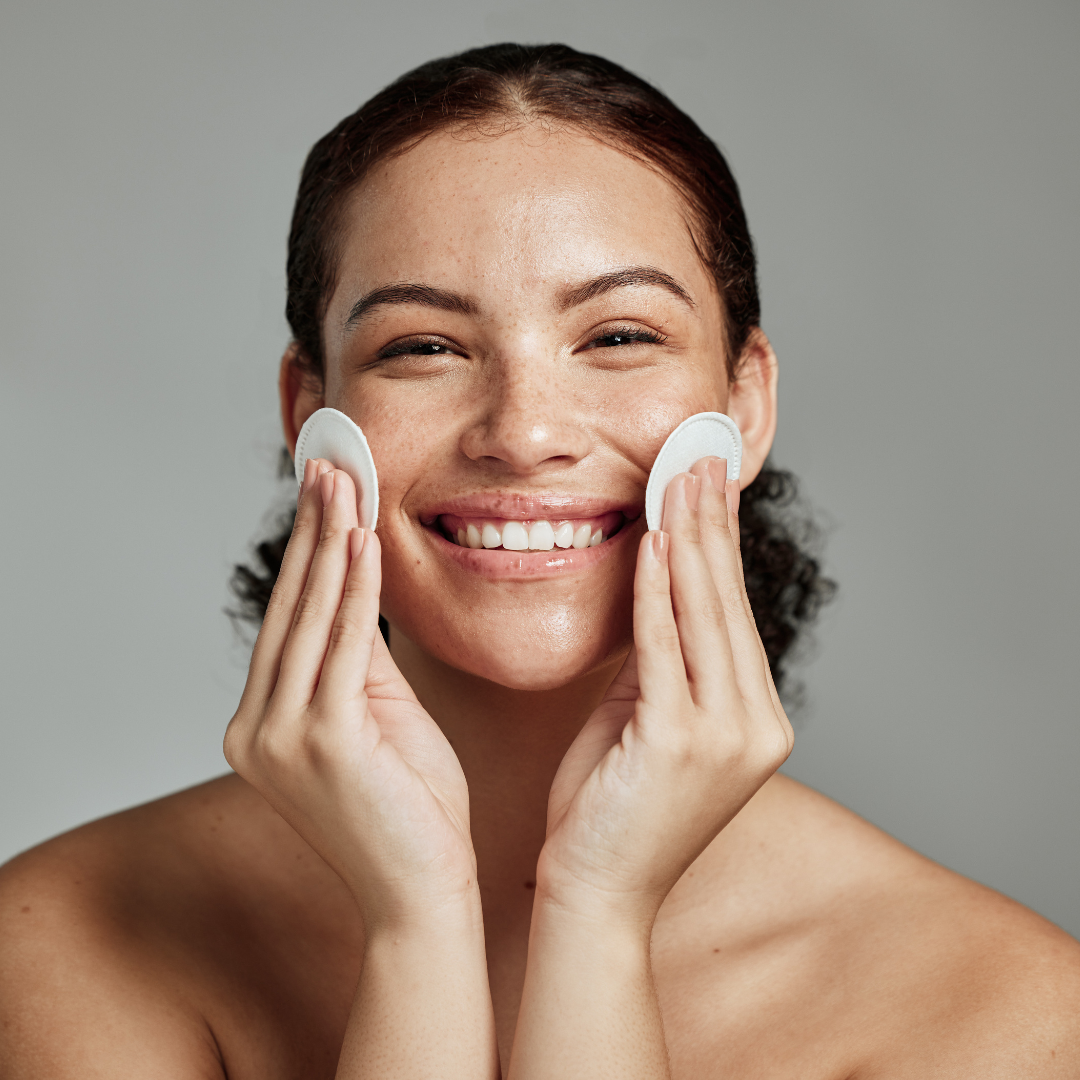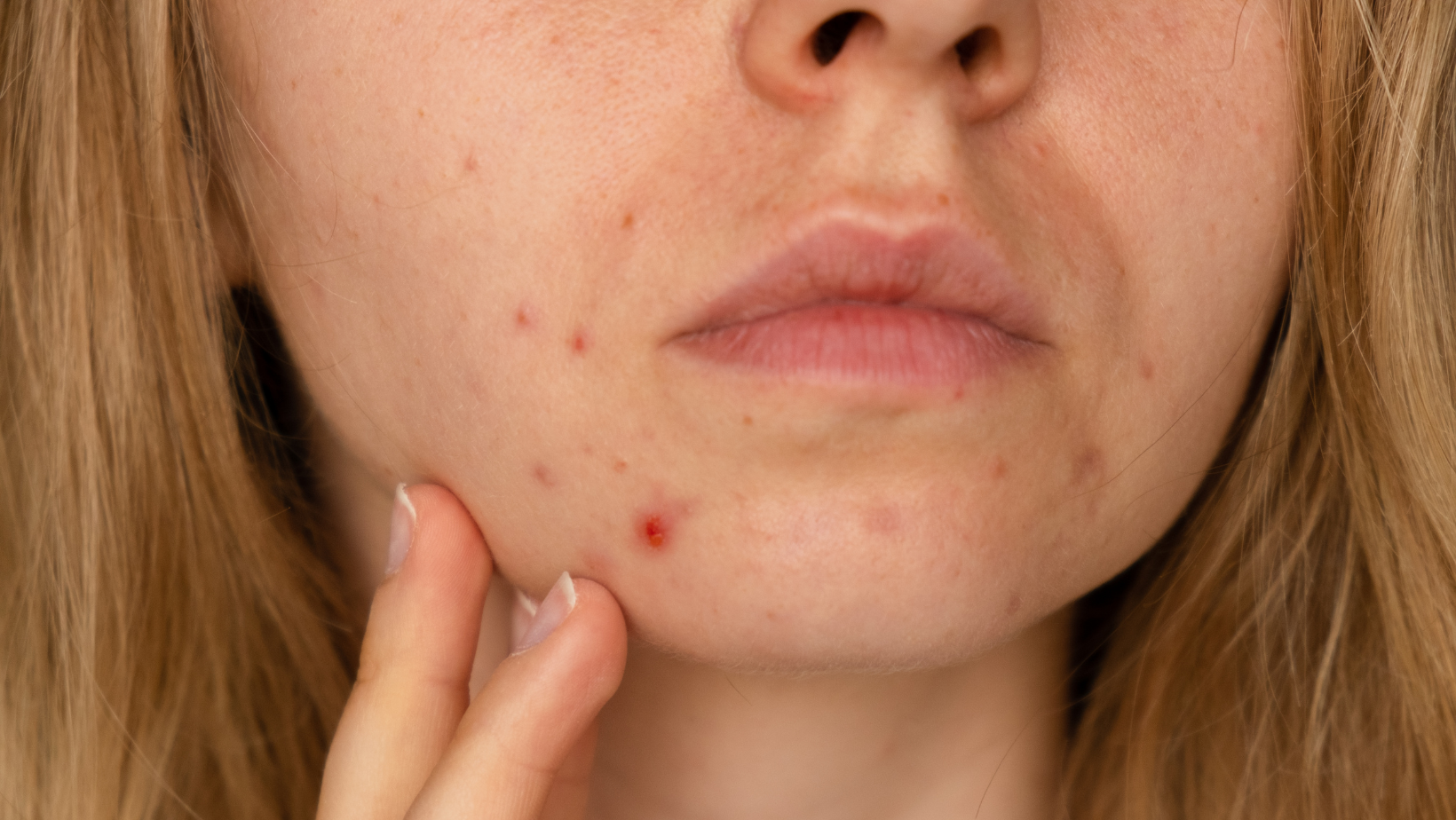June is Acne Awareness Month. Did you know that over 85% of Americans report having experienced acne symptoms in their lifetime? While most acne impacts teenagers and young adults, it can occur much later in life. Let’s look at some of the facts about acne and the best ways to treat it.
What is Acne?
Acne is a skin condition. This chronic inflammatory condition happens when hair follicles are clogged with dead skin cells and oil. This build up can lead to an overgrowth of bacteria that causes pimples, cysts, nodules, blackheads, and whiteheads. Acne can occur on the face, chest, shoulders, back, neck and upper arms.
Types of Acne
There are several types of acne. These include:
- Occluded pores, which are either open (blackheads) or closed (whiteheads)
- Red, inflamed bumps (papules).
- Pus filled bumps called pustules
- Large, painful lumps under the surface of the skin (cysts or nodules).
Acne may be mild, moderate, or severe. Most individuals have mild to moderate acne but severe can do exist and they can be difficult to manage.
What Causes Acne? 
There is no single cause of acne. Everyone’s skin is unique, so the treatment we offer at Cronin Dermatology is tailored and precise to meet your skin’s needs. First, we identify contributing factors that are causing your breakouts. This can be clogged pores, bacteria, or hormones.
The most common causes of acne include:
- Excess oil production
- Clogged hair follicles
- Bacteria
- Inflammation
5 Ways to Reduce and Prevent Acne
There are some things you can do to help reduce breakouts and prevent acne. These include:
- Use a Clinical Skin Care routine
- Ask your dermatologist about customized compound prescriptions
- Avoid touching your face or picking at the skin
- Don’t over exfoliate your face
- Visit your Dermatologist.
Acne can have a significant impact on your daily life and self-esteem. If over the counter products haven’t helped, it’s time to see a dermatologist. Contact Cronin Dermatology today to learn more.

